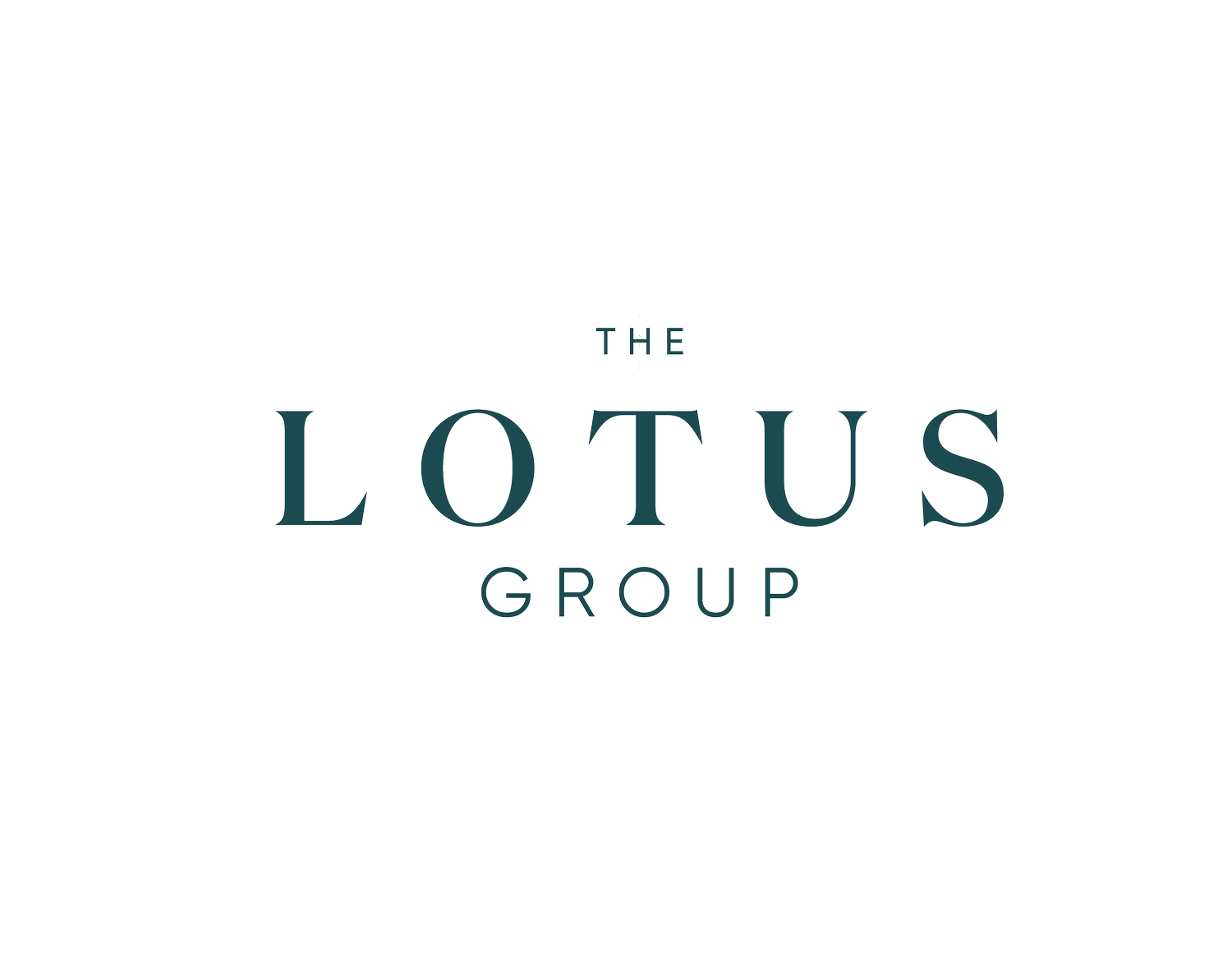6 Homeownership Responsibilities and Costs You Should Know About
Some of the costs and responsibilities of homeownership may be no-brainers to many, but others may not be as obvious. Regardless, all homebuyers and homeowners need to understand all their obligations when it comes to owning and operating a home.
1. Property Insurance
To protect your home, its belongings, and even yourself from potential litigation, you need a comprehensive home insurance policy. There are several types of home insurance policies you should know about, as well as what is and isn't covered.
For instance, standard home insurance doesn't typically include flood insurance to cover damage caused by a water source outside your home. You may need additional coverage for this. Make sure you understand exactly what type of coverage you have so you don't wind up with unexpected and unpleasant surprises when you try to file a claim.
You should also know that when you're in the process of buying a home, your lender will want to see proof that the home is insurable before they approve your mortgage application. That means you'll need to arrange for a policy before you finalize a deal on a home purchase and mortgage contract.
2. Property Taxes
All homeowners must pay property taxes to their municipalities. These taxes cover public services, such as roads, parks, schools, and police. The amount you pay in property taxes depends on the value of your home and the property tax rate in your area.
You can pay these taxes once or twice a year, or have them rolled into your mortgage payments. Failure to pay property taxes could result in a tax lien placed on your home's title.
3. Condo Fees
If you live in a home that is run by a condo corporation, you'll need to pay condo fees. Keep in mind that apartment-style condos are not the only types of dwellings that can fall under this category. Even some townhomes and single-family homes may be classified as condos, so make sure you're aware of the type of ownership of the home before you buy it.
Then, determine how much you're required to pay in condo fees every month. These fees cover the cost of maintaining and repairing common elements, such as swimming pools, fitness rooms, guest suites, parking garages, and so forth. Generally speaking, the more amenities a condo complex has, the higher the condo fees will be.
4. Regular Maintenance and Repairs
As a homeowner, you will be responsible for making required repairs and performing regular maintenance on your home and its components. If you don't keep up with these responsibilities, you could find yourself with more expensive repairs and replacements down the road. Make sure you account for these extra costs and include them in your homeownership budget.
5. Renovations and Major Repairs
At some point, components in your home will need to be replaced, no matter how well you take care of them. Your home's components have a certain lifespan and once they approach that threshold, it may be time for a replacement.
For instance, roofs generally last anywhere from 20 years to over 50 years, depending on the material. Again, this could be a significant cost for you, so make sure to account for these expenses so you're not scrambling to come up with the money when the time comes.
6. Local By-Laws
If you plan to make changes to your home, make sure you comply with local by-laws. For instance, there are rules surrounding how large a new shed may be and how close it can be to the fence adjacent to your neighbour.
There may also be rules about parking in front of your home, how much noise you can make when renovating, or how you can use your home. Find out what these rules are before you start any new project.

